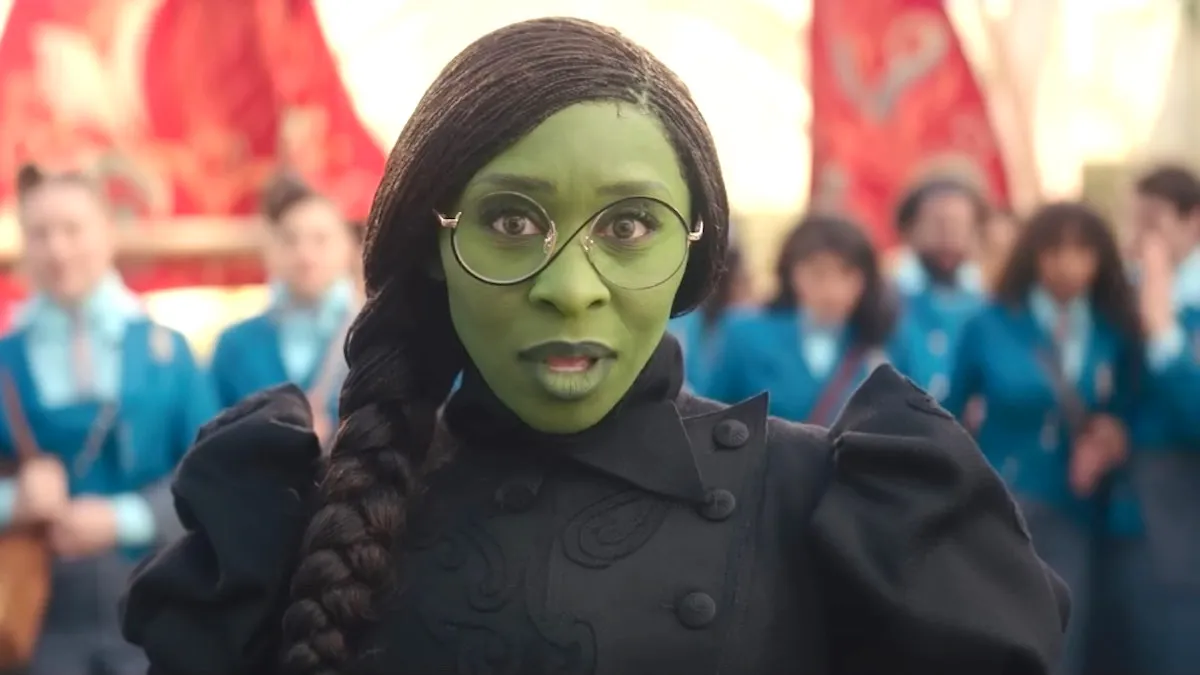I’ve been thinking about the fun to be had at Spider-Man: Homecoming, but also about how audiences who see it this weekend won’t be seeing two female characters speak to one another.
Allison Bechdel’s original “test” had three requirements for a film:
- The movie has to have at least two women in it,
- who talk to each other,
- about something besides a man.
Other variants have since been introduced—requirements that the two women be named, and that their conversation last longer than 60 seconds. You’d think, looking at these simple “demands,” that it wouldn’t be too hard to pass Bechdel’s test. But an astonishing amount of media continues to fail, and unfortunately, Spider-Man: Homecoming doesn’t meet the grade. For a movie that’s smart and progressive in other ways, the omission of women holding a single conversation is surprising and disappointing.
Let’s start with the good things that are happening women-wise. The two “lead” girls in Peter Parker’s life, his crush, Liz, and his friend (and future crush?) Michelle, are women of color. This is a wonderful and much-needed step forward. Until this film, we’ve never seen Peter Parker have an on-screen love interest who was not white. That both girls are further presented as brilliant students, independent-minded and no-nonsense—but very different types of people—is also an excellent representation. They’re recognizable, distinct characters. And they have names! That they do not have listed last names is A-OK here, considering the twists that come about their characters. In this way, Spider-Man: Homecoming more than clears the first Bechdel hurdle.
But other than perhaps an a one-word interaction when Liz is quizzing her teammates for the academic decathlon, we never see Liz and Michelle have a conversation—not even one about Peter. There’s certainly no kind of talking for longer than 60 seconds. How difficult would it have been to show the girls discussing something? They’re on the same academic decathlon team and Michelle is already at Liz’s party when Peter and Ned show up.
Liz and Michelle are friendly, or at least known quantities to each other. If you want to tell me that there’s absolutely no way to squeeze sixty seconds of dialogue between two of Peter’s female classmates (it doesn’t even have to be Liz and Michelle) into a 133-minute film, I will tell you that amounts to poor writing choices. Considering that Spider-Man: Homecoming had six (six!) credited screenwriters, it’s unbelievable to me that this idea didn’t occur to any of them.

And then we have Aunt May. I really enjoyed Marisa Tomei’s performance and the new, hip May who cares for a new, hipster Peter. But we only ever see May in her capacity as Peter’s guardian and she is only ever discussed by other (male) characters as an object of lust. It’s a running joke throughout Spider-Man that Peter’s Aunt is hot—and everyone wants to point that out to Peter (I guess it’s supposed to be OK because she’s his aunt and not his mom?). Tony Stark, Mr. Delmar, and Ned all find her desirable. By the time Peter and May are having dinner and the waiter brings May a dessert gratis because he, too, thinks that she’s hot, I was like, yikes, enough already.
Meanwhile, we have no idea what May does with her time when she’s not looking after Peter. What is her job? Does she have friends? Perhaps a female friend that she could speak to about the difficulties of life as a widow and single guardian? But Aunt May only ever interacts with Peter and Ned, and also she is attractive.
Peter even has a “female” A.I., Karen, but she speaks only to him, which seems to be the dominating idea here. All of the women in Spider-Man: Homecoming who have significant parts appear to exist simply to advance their interactions with Peter, and contribute to Peter’s personal evolution. Of course, you could say the same thing about Ned—but Ned speaks to a broad range of people about all sorts of things.
For those who will accuse me of nitpicking, or who will say that this is Spider-Man‘s story so it shouldn’t matter what the women do, let’s run a quick exercise. Close your eyes and imagine a superhero movie where the men do not ever speak to each other or, if they speak, their only topic of conversation is the women in their life. This simply wouldn’t, and doesn’t, happen. Yet it is the situation that women have to experience again and again in the movie theater. And in this day in age, there’s no excuse for it.
Spider-Man: Homecoming is not a film that maligns women. On the contrary, there are strong female characters abounding. I just wish they were given the opportunity to talk to each other about it.
(images: Marvel Studios)
Want more stories like this? Become a subscriber and support the site!
—The Mary Sue has a strict comment policy that forbids, but is not limited to, personal insults toward anyone, hate speech, and trolling.—










Published: Jul 7, 2017 12:56 pm